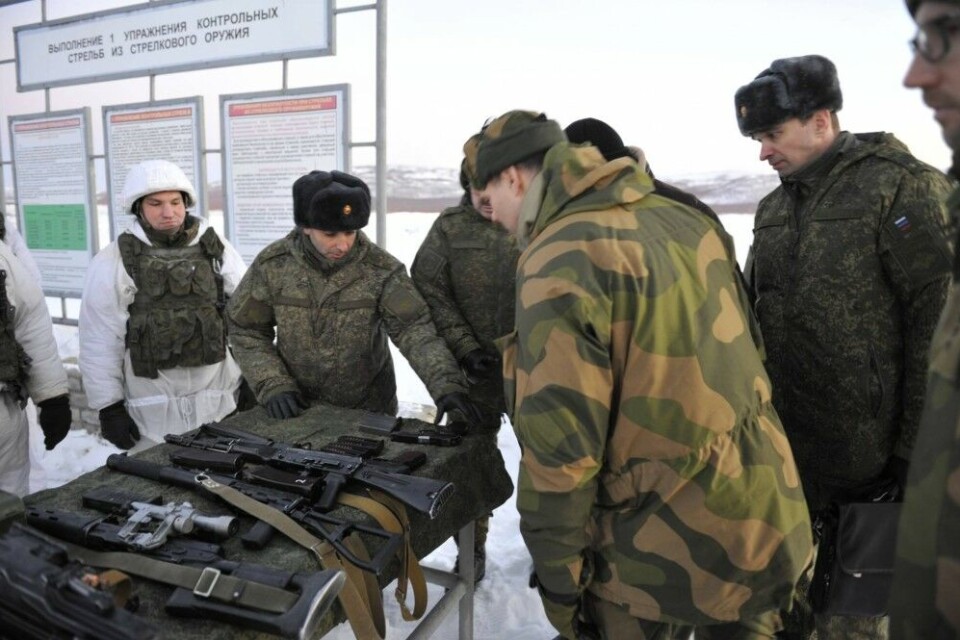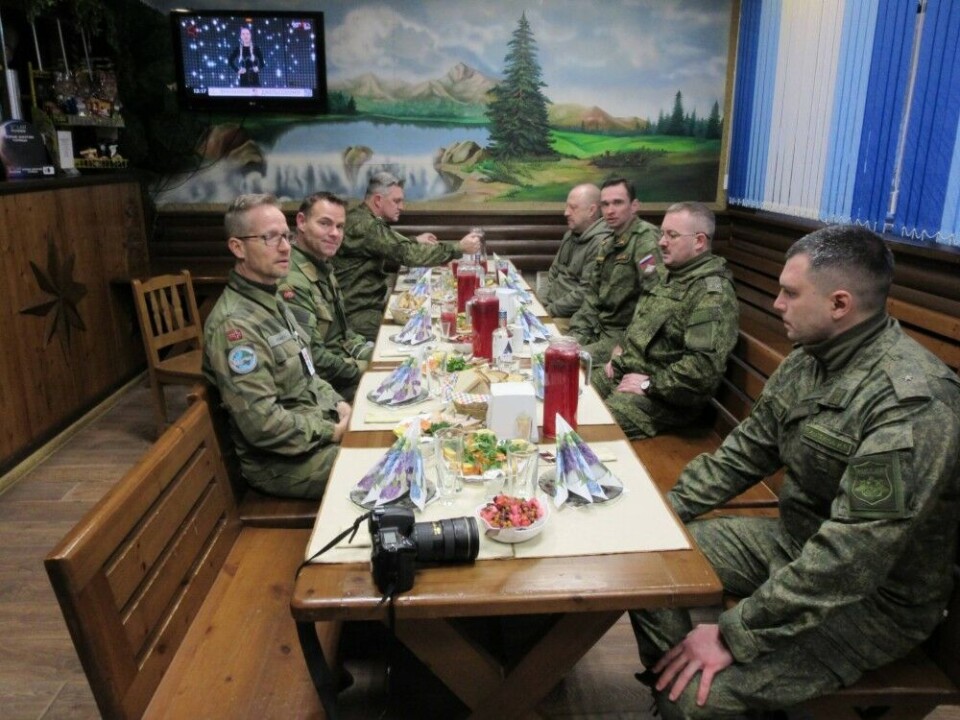
Russia leaves Open Skies Treaty, but on-ground arms inspections continue
"The prevailing policy of Washington is to destroy the previously reached agreements in the field of arms control," the Russian Foreign Ministry says in a statement on December 18 as the country is now formally out of the Open Skies Treaty.
In May last year, then-President Donald Trump announced that the United States would be withdrawing from the Open Skies Treaty allegedly due to Russian violations. After a six-months agreed termination period, the U.S. was officially no longer a party to the treaty on November 22, 2020.
Moscow shortly afterward announced its intentions to follow the United States in withdrawing from the agreement that included 33 nations in Europe and North America. On Saturday, Russia’s Foreign Ministry said it is no longer a party to the Open Skies Treaty, that since it entered force in 2002 has enhanced mutual understanding and confidence by giving all participating countries access to conduct military observations from aircraft over each other’s territories.
“Decades of fruitful implementations of the Open Skies Treaty have shown that it served well as a tool for strengthening confidence and security, created additional opportunities for an objective and unbiased assessment of the military potentials and military activities of the participating nations,” the statement from Moscow says.
Russia was not the only country regretting that the United States pulled out last year.
Europeans disappointed
Norway’s then-Foreign Minister, Ine Eriksen Søreide, said to the Barents Observer that her country was “disappointed by the US decision to withdraw from the Open Skies agreement.”
The foreign ministries of France, Belgium, Czech Republic, Finland, Germany, Italy, Luxemburg, the Netherlands, Portugal, Spain and Sweden signed a joint statement regretting Donald Trump’s decision.
“The Open Skies Treaty is a crucial element of the confidence-building framework that was created over the past decades in order to improve transparency and security across the Euro-Atlantic area,” the statement said.
Over the years, Russian military observers have conducted many flights over Norwegian territory as part of the agreement, like in 2015 when one flight started out of Bardufoss airbase in northern Norway, an airport often used by NATO allies of Norway during winter training.
Vienna Document

















